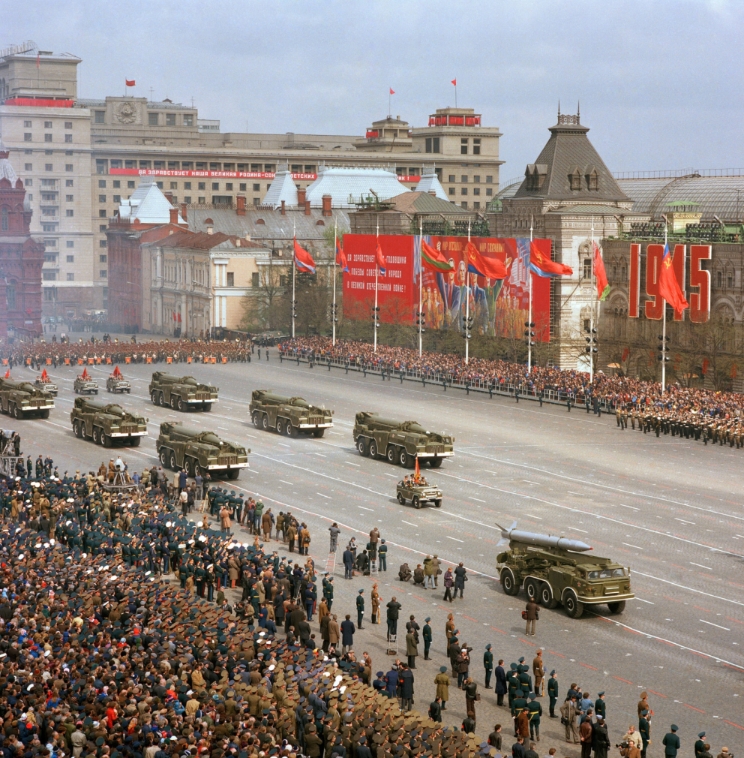 现在中亚国家的人民是如何看待苏联的?好、坏、中立、荣耀、耻辱,我对此很好奇
现在中亚国家的人民是如何看待苏联的?好、坏、中立、荣耀、耻辱,我对此很好奇
正文翻译

How do Central Asian countries learn about the Soviet unx? good, bad, neutral, moment of glory, shame, I'm curious about this
现在中亚国家的人民是如何看待苏联的?好、坏、中立、荣耀、耻辱,我对此很好奇

How do Central Asian countries learn about the Soviet unx? good, bad, neutral, moment of glory, shame, I'm curious about this
现在中亚国家的人民是如何看待苏联的?好、坏、中立、荣耀、耻辱,我对此很好奇
评论翻译

How do Central Asian countries learn about the Soviet unx? good, bad, neutral, moment of glory, shame, I'm curious about this
现在中亚国家的人民是如何看待苏联的?好、坏、中立、荣耀、耻辱,我对此很好奇

How do Central Asian countries learn about the Soviet unx? good, bad, neutral, moment of glory, shame, I'm curious about this
现在中亚国家的人民是如何看待苏联的?好、坏、中立、荣耀、耻辱,我对此很好奇
很赞 9
收藏